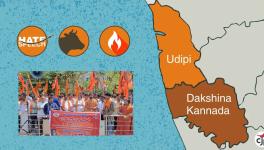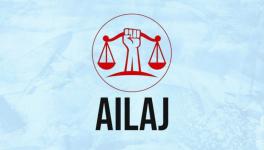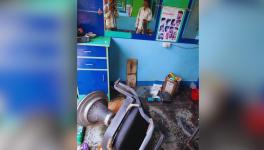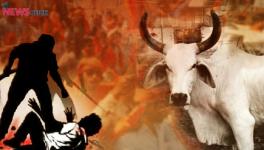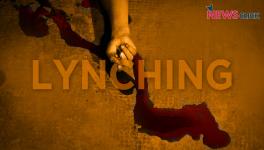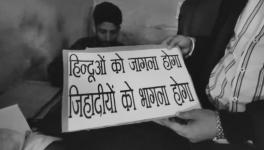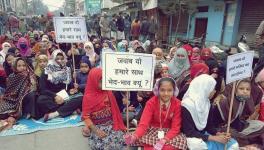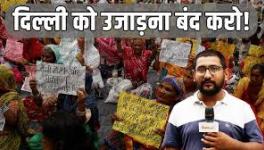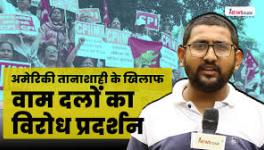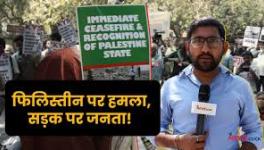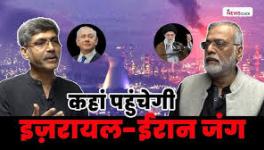‘Amid Cow-Related Violence, Muslim Women’s Education, Jobs, Health Being Neglected’
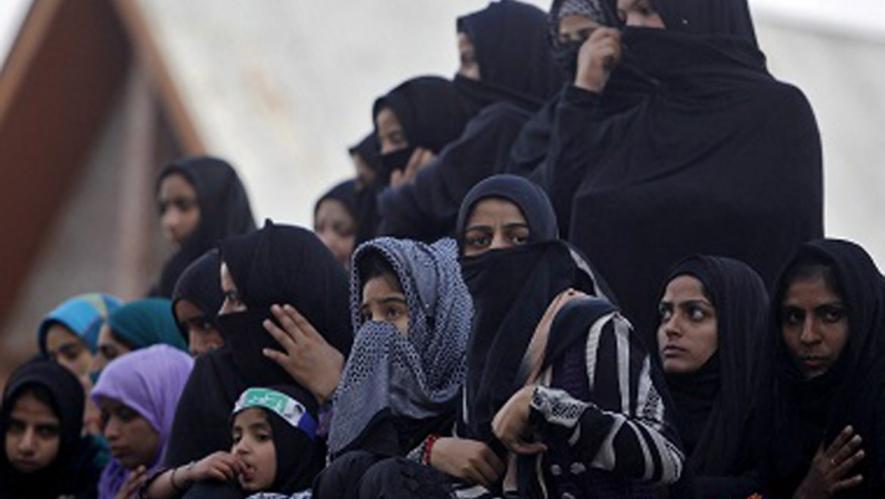
Image Courtesy: Opinion
New Delhi: In light of the upcoming Lok Sabha Elections, grassroots Muslim women activists from across the country have demanded a special law against cow vigilantism, 33% representation for women, implementing Sachar committee recommendations on the soci-economic and educational status of the community and an end to female genital mutilation, among others.
Releasing a manifesto listing out their demands focusing on gender-specific issues of the Muslim community here on Wednesday, the activists Bebaak Collective, Awaaz-e-Niswan, Muslim Mahila Manch, Sadbhavana Trust, among others, hailing from Assam, Bihar, Madhya Pradesh, Uttar Pradesh, Gujarat, Jharkhand, Uttarakhand, Haryana, West Bengal, and Maharashtra, also sought de-criminalistion of Triple Talaq and scrapping of anti-conversion laws, and growing violence against the minorities.
According to Bebaak Collective, even states like Uttarakhand and West Bengal, which had previously not faced the threat of violence to this extent, have succumbed to the anti-Muslim rhetoric that was affecting the mental health of Muslims.
“We need to see this fear from the perspective of health, and how it affects the mental health of Muslims and the opportunities that they lose as a result of it”, said Sana Contractor, who works with the Centre for Health and Social Justice based in Delhi.
“In the face of such extreme violence, the issues of Muslim women’s education, employment and health take a backseat,” said Fatima from Bihar. She said even while the Sachar Committee recommendations demonstrated the disproportionately low rates of education and employment among the Muslim community, and policies exist to address this - there is no monitoring, or action taken by the current BJP-government.
Many women said the beef ban enacted in various states in India had impacted the Muslim community on three levels - in terms of their livelihood, nutrition and the threat of violence.
Khurshida, whose husband, Umar, was killed by a mob for transporting cows, broke down as she narrated her inability to pursue a legal case due to communal tension in her hometown Mewat, which would further put her and her eight children at risk.
Shabana, from Uttar Pradesh, said beef was one of the few affordable sources of protein available to Muslims and poor people and anning such a source a nutrition undermined the public health of already vulnerable regions and people.
Reshma Vora, from Gujarat, also described the failure of health and sanitation schemes like Swachh Bharat Abhiyan, that get promoted everywhere but were out of reach for Muslim neighbourhoods, which remained neglected.
The criminalisation of Triple Talaq was also criticised. Nargis, from West Bengal, said while Muslim women want an end to the practice of Triple Talaq, sending Muslim men to jail for a civil offence would not help them.
Rehana from Assam spoke about racism and the Islamophobia faced by Bengali-speaking Muslim women, especially in the context of Assam’s National Citizenship Register (NCR). “People are either citizens or foreigners in other places. Only in Assam do we see ‘Doubtful Citizens’,” she said. They get profiled based on their religion and origin and are sent to detention camps to face ill-treatment and torture. Women, and especially Muslim women, continue to be the worst affected groups in this situation. Women’s names are changed after marriage, making it extremely difficult for them to link all their documents together in order to prove their citizenship, she added.
Hasina Shaikh of Bebaak Collective, which was one of the petitioners challenging the validity of instant triple talaq case in the Supreme Court, accused the BJP government of “strategically” using Muslim women to polarise the community and criminalise the act of triple talaq through an ordinance.
A statement released by the group read, “Due to the alarming decline in civil rights and liberties during the last five years, the marginalised communities have become a frequent target. There is no doubt that the socio-economic conditions of Muslims were deplorable even before the current government came to power, but now the space to negotiate with the state through rights assertions or independent commissions has drastically reduced. The constant vilification of Muslims, under the current BJP-led government, has led to virulent attacks against them.”
Get the latest reports & analysis with people's perspective on Protests, movements & deep analytical videos, discussions of the current affairs in your Telegram app. Subscribe to NewsClick's Telegram channel & get Real-Time updates on stories, as they get published on our website.









